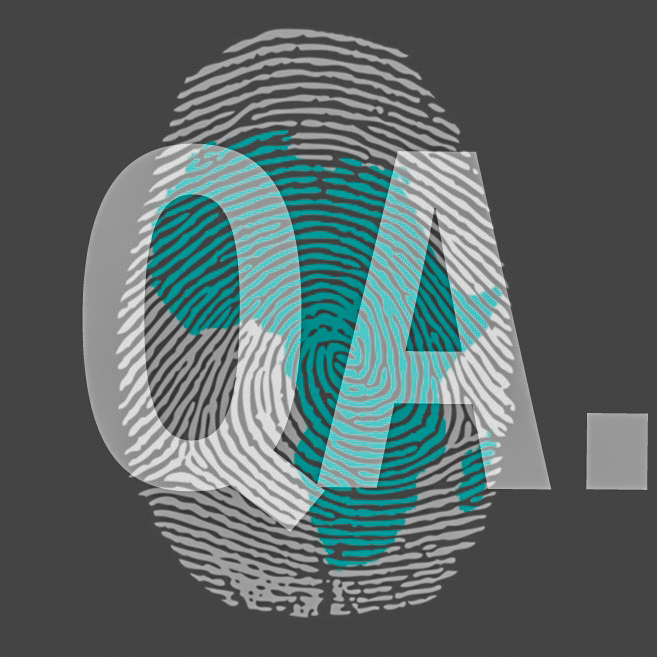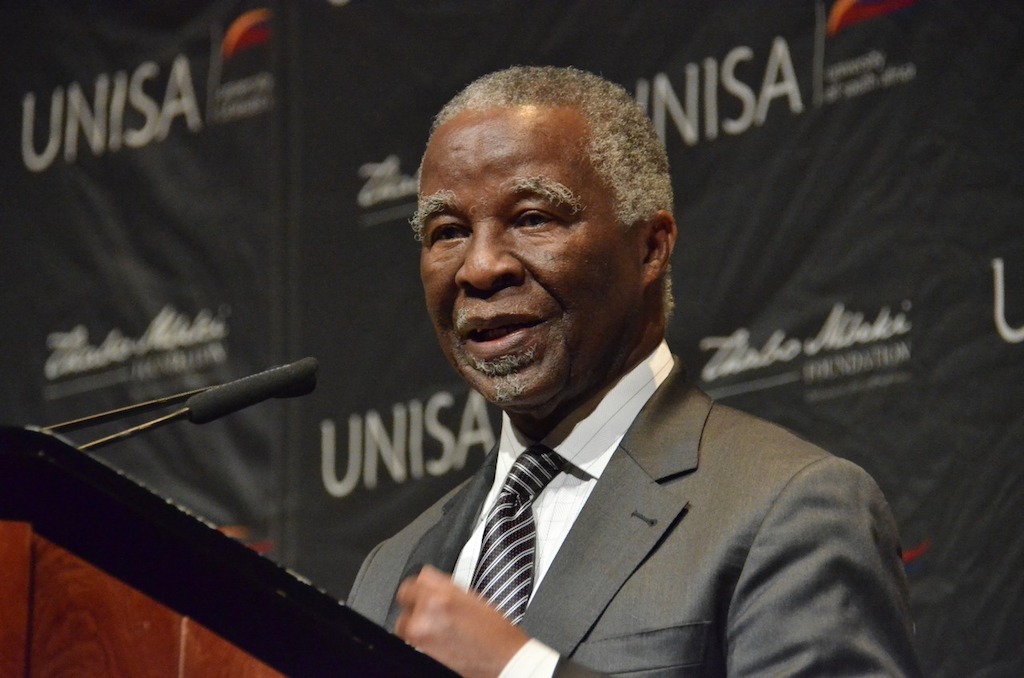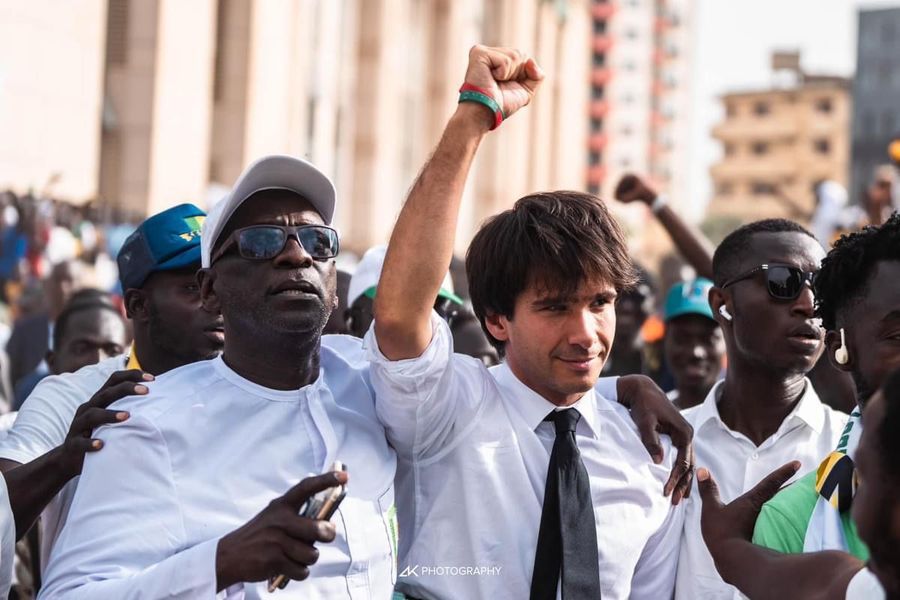In a stirring address to the 80th session of the United Nations General Assembly on September 24, 2025, Nigeria’s Vice President Kashim Shettima urged world leaders to confront global chaos head-on and recommit to multilateralism. Speaking on behalf of President Bola Ahmed Tinubu, Shettima emphasized that the UN, born from the ashes of despair, must evolve to address contemporary challenges rather than rest on past laurels.
Shettima opened his speech by highlighting the perils of inaction in a turbulent world. The chaos that shadows our world is a reminder that we cannot afford the luxury of inaction, portraying the UN as a vital vehicle for order and human solidarity. He stressed that Nigeria’s dedication to the organization stems not from moral superiority but from an undying faith in the redemption of humanity. Reflecting on the UN’s 80th anniversary, he cautioned against turning it into a sentimental retreat into nostalgia, instead calling it a moment of truth to assess shortcomings and translate values into tangible action.
The Vice President painted a vivid picture of the pace of change across borders, driven by technology, finance, corrosive ideologies, climate pressures, and irregular migration—these, he said, are stains on our collective humanity. Amid growing disillusionment with multilateralism, M. Shettima reaffirmed its necessity, asserting that existing structures are not set in stone and advocating for real change, change that works and change that is seen to work.
Central to Nigeria’s vision was a renewed push for a permanent seat on the UN Security Council. M. Shettima argued that this is a matter of fairness and representation for a nation that has transformed from a colonial outpost into a stabilizing force with over 236 million people—one of the youngest and most dynamic populations globally. He positioned Nigeria’s demand as essential for restoring credibility to the UN, noting the country’s extensive contributions to peacekeeping, including participation in 51 of 60 UN operations since 1960.
Vice President Shettima outlined four key priorities to guide global action:
- Debt Relief and Access to Trade and Finance : He called for urgent sovereign debt relief and proposed an international mechanism akin to a Court of Justice for money to free emerging economies from the burdens of unprocessed exports.
- Fair Benefits from Minerals : Emphasizing Africa’s role in global supply chains, he urged investments in mineral exploration and processing to diversify markets, reduce geopolitical tensions, and foster peace and prosperity.
- Closing the Digital Divide : M. Shettima advocated for inclusive technology access, famously stating, AI must stand for ‘Africa Included’, and proposed a dedicated dialogue to ensure emerging economies benefit from digital advancements.
- Reforming Global Governance : He stressed the need for broader reforms to align with the Sustainable Development Goals (SDGs) and initiatives like the African Continental Free Trade Area.
Addressing ongoing conflicts, Shettima condemned the violence in Gaza, affirming Nigeria’s support for a two-state solution as the most dignified path to lasting peace for the people of Palestine. He highlighted the human cost, declaring that Palestinians are not collateral damage but human beings, equal in worth. Domestically, he discussed Nigeria’s economic reforms, such as subsidy removal, and the impacts of climate change on national security.
In closing, Shettima insisted that Nigeria’s pleas are not charity but necessity, as none of us can achieve a peaceful world in isolation. He called for a renewed commitment to multilateralism, not as a slogan but as an article of faith, concluding that for none of us is safe until all of us are safe.
This address underscores Nigeria’s proactive stance on global issues, positioning the nation as a key advocate for African representation and equitable international systems amid the UN’s milestone year.






Laisser un commentaire
Vous devez vous connecter pour publier un commentaire.